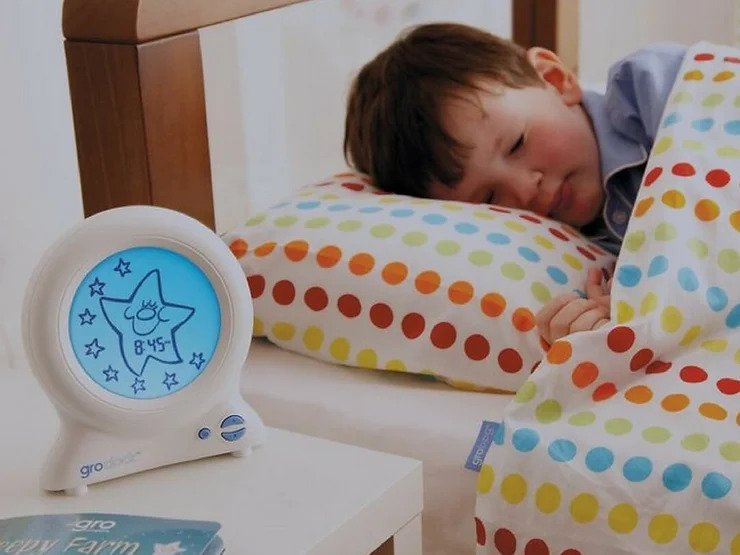Natural Consequences For Toddlers
Natural Consequences are an absolutely brilliant way for children to learn on their own, WHEN possible. Anything that a child can learn on their own without our involvement is going to be really good learning experience for them, provided that it is done in a SAFE WAY.
EXAMPLE:
If your toddler has made a mess with their toys, the natural consequence is that the mess is to be cleaned up by the child and they refuse to do so the consequence could be the removal of those toys OR they can not move onto the next task until its been done, you can choose one of these two options.
If your toddler hits their sibling, then the natural consequence is to separate the toddler from their sibling. Explain to the toddler that their sibling does not want to play with them when they act like that and offer your attention to the child who is on the receiving end of the hit.
If your toddler gets out of bed and comes out of their room before the GRO clock has changed, the natural consequence is that the child has to go back into their room. If you accept your child leaving the room before the clock then the clock has not meaning and it will be continually ignored. Do not assume that your child does not respond well to the clock, instead you need to give your child the chance to learn and understand the clock and the rules that you are setting that go along with it.
I find that sometimes parents get themselves in a pickle in the heat of the moment and say random things. As an example: “you didn’t follow the clock, so therefore you’re not getting any screen time today”. Those two things have absolutely nothing to do with one another.
They won’t make sense to the child as they have not asked for, or are looking for a screen in that moment. They are looking to leave their room. You as a parent really need to think about what it is the child is trying to do or what the child is looking for. The natural consequence needs to be related to that exact behaviour.
“My child JUST DOES NOT listen to me”, is a common thing I hear from parents.
Children cannot multitask like adults do. The first thing questions I would ask are 'did the child even hear you in the first place? - Did you look them in the eyes when you were talking to them?'
You as the parent have to follow through as well. You as the parents have to make sure that you are helping and assisting the child to follow through with the task.
“OK you need to go and get dressed”, the child might go into their room and get distracted VERY easily. You’ve told them to go get dressed, you think they are getting dressed, but they have eyeballed their crayons and are not just colouring!
You may need to micromanage slightly to get these tasks done in the early years. Go into their room with them get their clothes out, “now let’s do this, now let’s do that”, so the child is getting a little bit of support as well until the routine becomes more ingrained.
CHOOSE YOUR BATTLES:
I know of many parents who want to choose their battles, and this is a great example of when you are deeply natural consequences. Your child doesn’t want to put their coat on to leave the house…ok, dont get into it, just bring the coat with you. Your child will likely get cold and ask for their coat! Natural consequence - No coat = I'm cold.
Let your child have a natural learning experience, the natural consequence to their own decision and let them learn for themselves! It’s a good way for them to learn without your child coming to harm and without you pulling your hair out in a battle that didn't have to be.
As long as the child is safe and well. It’s going to do them good in the long run.
Of course, there are times when you cannot use natural consequences. For example, when it comes to safety. There’s just no way we can allow a child to not sit in their car seat because they are having a melt down about having to be strapped in. We HAVE to put them in the car seat.
Dawn Whittaker is a a Mum of 3, and former nanny - Need help with your toddler? Book a quick fix, a chat through zoom with some email support to get you through the tough times.



